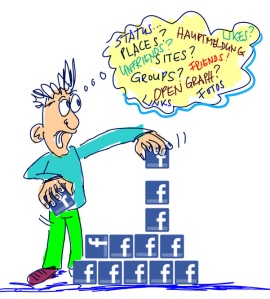In the age where anyone can be a photographer – with an iPhone, computer, or simply a personal camera – it seems like the role of a professional photographer is decreased. I think, contrary to that belief, that the role of one becomes even more important.
When anyone can take a picture, the significance of one becomes lessened. Photos are used more as a way of keeping a permanent visual memory than marking an important moment in time or people/places/things that you find important.
I have a lot of pictures taken on iPhones that are fun to look back on, but they are definitely not high quality, both in the actual camera and the design of the photograph. An off-centered picture of a parade I saw is fun to have, but could never be considered art or anything similar.
A professional photographer brings a sense of just that – professionalism – to pictures. Because of study, experience, or both, they know what angles, poses, and positions work best to make a picture as lovely as possible. A professional photographer tends to take a much better picture of your family than your neighbor can because 1) they know what works to make each member look good, and 2) the camera they use has a much better quality lens than the average camera.
The role of a professional photographer is being able to make just a simple picture look better through quality and experience of what works. They also have artistic experience, tending to pull out the true beauty of what they’re photographing.
Photojournalists bring a lot to photography that the average person just can’t do. Simply, their job is to take pictures. They have the time, equipment, and experience necessary to put a lot more focus on creating photographs. That focus and emphasis is what the average person just doesn’t bring to the table.
The real importance of a photojournalist is their ability to capture subjects that the average person isn’t in contact with, like foreign countries, wild animals, or important societal figures. With the title of ‘photojournalist’ these people are able to get in contact with a lot of subjects you and I wouldn’t be able to see. Because they can be in contact with them, the average person is able to experience the world in a very visual way through the experiences of the photojournalist.

